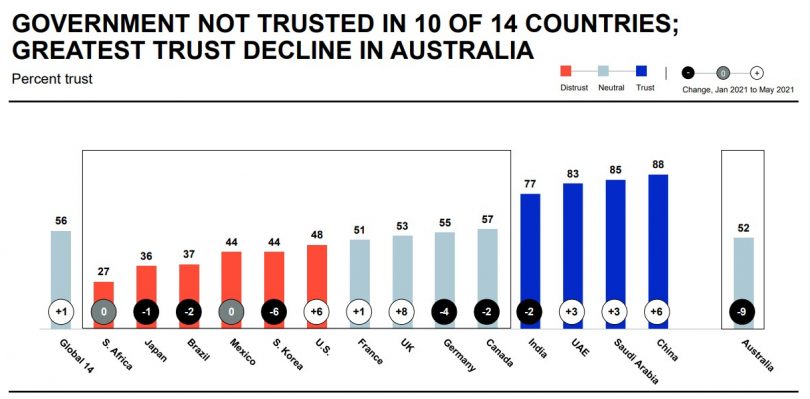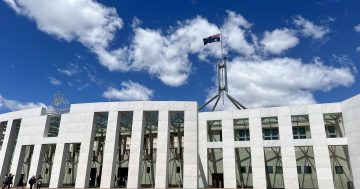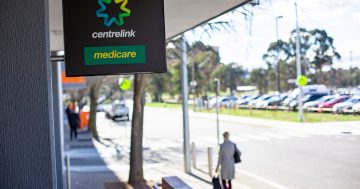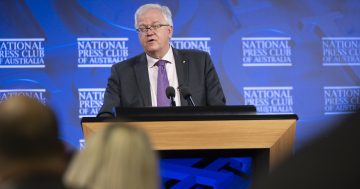
The 2021 Edelman Trust Barometer Mid-year Update found, of the countries surveyed, Australia had the greatest decline in government trust. Image: Edelman.
A mid-year survey has revealed trust in Australia’s government has fallen dramatically over the past six months.
The latest trust index by US marketing consultancy firm Edelman found trust in the Australian government fell nine points from 61 to 52, since the last report was released in February.
Edelman surveyed 1200 Australians about their trust in government, business, non-government organisations and the media in May.
The 2021 Edelman Trust Barometer Mid-year Update found the government has dropped from ‘trusted’ to ‘neutral’ status, joining business and NGOs, while the media plummeted 10 points to ‘distrusted’ status.
My Public Sector
Employers remained the most trusted institution with 80 points.
Of the 14 countries surveyed, the index revealed the biggest decline in government trust had occurred in Australia.
While 78 per cent of the ‘informed public’ said they trusted the government, only 48 per cent of the ‘mass population’ expressed any level of trust.
This is a massive decline compared to the January index which revealed Australia’s trust levels were at an all-time high across all institutions, including the government.
The survey found that, across all sectors, there has been a “steep trust decline for mass population” following the recent pandemic surge, with the government dropping 10 per cent and the media falling eight per cent. Trust in NGOs across the mass population also fell by eight per cent.
Australian National University (ANU) Professor of Political Science Ian McAllister says the issue of public trust in government and politicians and its drivers is complex.

Professor of Political Science Ian McAllister. Photo: ANU.
“Trust is contingent on the economic performance of government, voters’ expectations of government and declining partisanship, among other things,” Professor McAllister said.
Since the pandemic started, Professor McAllister said Australia has experienced a ‘rally round the flag’ effect, a well established phenomenon in public opinion research.
“When voters perceive an existential threat – a war, a terrorist attack or, in this case, a health emergency – they support the incumbent government, no matter who they are,” he explained.
“The recent declines in trust are most likely to do with how governments around the world have handled the pandemic.”
He said while Australia handled the pandemic well initially, more recently the slow vaccine rollout combined with lockdowns in major cities caused by outbreaks have dented that trust.
“That is most likely what has caused the most recent decline in trust in Australia,” Professor McAllister said.
To regain trust, the Edelman report says governments must take a lead on fundamental change such as COVID-19 vaccination, getting people back to the workplace, climate change and income inequality.
However, 61 per cent of respondents didn’t believe Australia would be able to overcome those challenges without involvement from the corporate sector, while 55 per cent of those surveyed said they were still “in a pandemic mindset”.
The highest levels of government trust were in China with 88 per cent, followed by Saudi Arabia, UAE and India, while 27 per cent of South Africans expressed the lowest trust in their leaders. Both the USA and UK experienced an increase in government trust by six and eight per cent respectively.




















